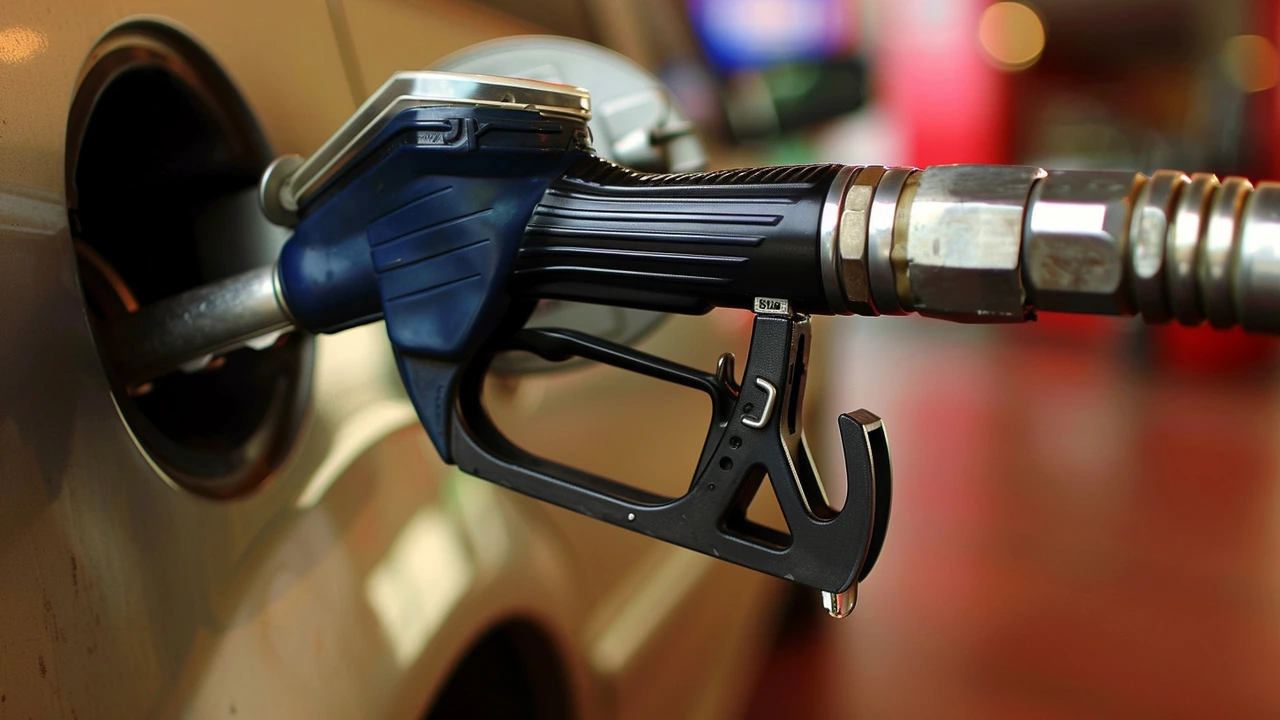- NSFAS 2025 Funding Applications Open for South African Students Sep 21, 2024
- Euro 2024 Preview: Denmark Aims for Progression in High-Stakes Clash Against Serbia Jun 25, 2024
- Russia's Drone Strikes on SOCAR Push Azerbaijan Toward Ukraine Oct 13, 2025
- Peter Obi Urges Caution Amid Allegations Against NLC’s Joe Ajaero Aug 22, 2024
- Minnesota's Tim Walz: The Straightforward Governor Navigating America's Complex Political Landscape Aug 6, 2024
Fuel price drop: what it means for you in Africa
Seeing fuel prices fall feels good at the pump, but what does that change for your wallet, your commute, and your business? This page explains why prices drop, who benefits most, and quick actions you can take right now to make the most of lower fuel costs.
Why fuel prices fall
Global crude oil prices move first. When demand drops or supply rises, international prices fall and many countries follow. Local factors matter too: exchange rates, fuel taxes, and government subsidies can either deepen the drop or blunt it. For example, a weaker currency can keep local pump prices high even if oil is cheaper overseas. When governments cut taxes or ease levies, consumers see a bigger drop at the station.
Another reason: competition between fuel retailers. When one station lowers prices, nearby stations often match to keep customers. That can create short windows of sharper discounts in cities and along major routes.
Who wins from a fuel price drop
Commuters benefit immediately — lower daily fuel bills and cheaper taxi or bus fares if operators pass savings on. Small businesses that rely on transport, like delivery services and farms, get lower operating costs and a chance to improve margins. Households that use LPG or kerosene for cooking can see costs ease if those fuels track petrol or diesel prices. Governments may also get temporary relief from subsidies if prices fall, freeing funds for public services.
But not everyone wins equally. Public transport fares, food prices, and courier fees don’t always fall right away. Some businesses delay passing on savings to protect profit margins. That’s why being proactive helps you capture the benefits faster.
Here are practical moves you can make today:
- Track prices: Use local news sites, petrol station apps, or community groups to spot price changes and where the cheapest stations are nearby.
- Fill smart: Top up when prices dip noticeably. Don’t stockpile too much, but avoid filling at premium price times.
- Combine trips: Plan errands to reduce miles. Fewer starts and stops save fuel.
- Maintain your vehicle: Proper tyre pressure, clean air filters, and timely servicing improve fuel economy by noticeable margins.
- Share rides: Carpooling or using ride apps reduces your per-trip cost and helps spread savings.
- Negotiate rates: If you run deliveries or a small fleet, ask suppliers to pass savings on or renegotiate contracts tied to fuel costs.
Want to watch the longer view? Follow changes in exchange rates, tax announcements, and regional supply reports. If a drop looks temporary — driven by short-term global events — use it to cut costs, not to expand budgets recklessly. If it continues, consider longer-term changes like switching to more fuel-efficient vehicles or exploring biogas and electric options where possible.
Keep checking this tag for updates, local price roundups, and practical tips on getting the most from any fuel price movement in your area.
South Africa's Fuel Price Reduction Brings Relief to Motorists for Second Consecutive Month
- Katlego Sean Mahaye
- Jul 3, 2024
South African motorists are set to benefit from a significant drop in fuel prices, marking the second month in a row of price decreases. Starting July 4, 2024, petrol and diesel prices will see a notable reduction due to lower international petroleum prices and a stronger rand. The Automobile Association anticipates this change will bring much-needed relief to consumers.
